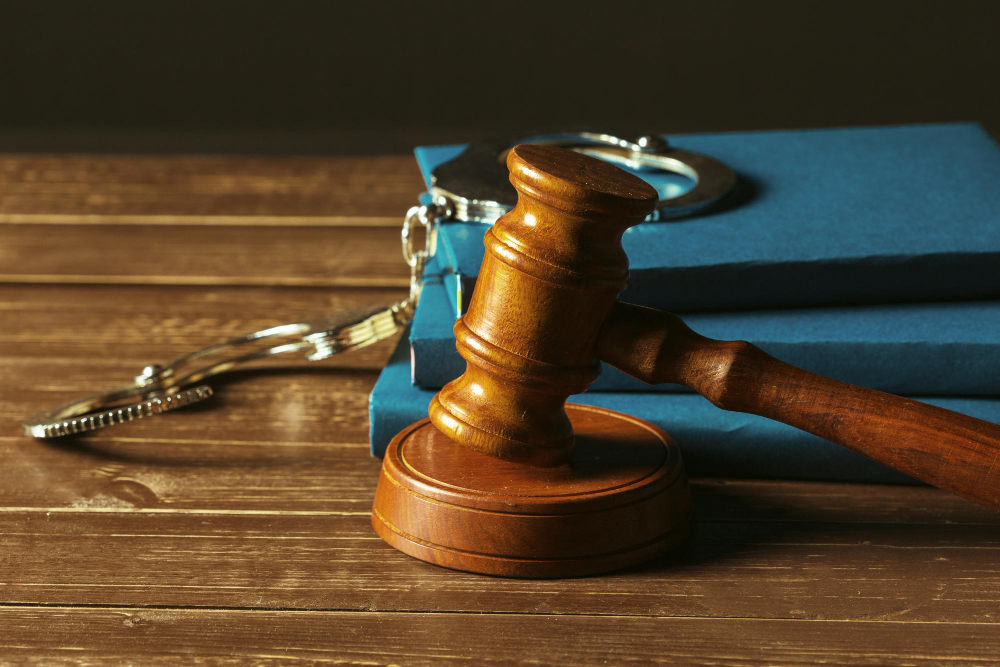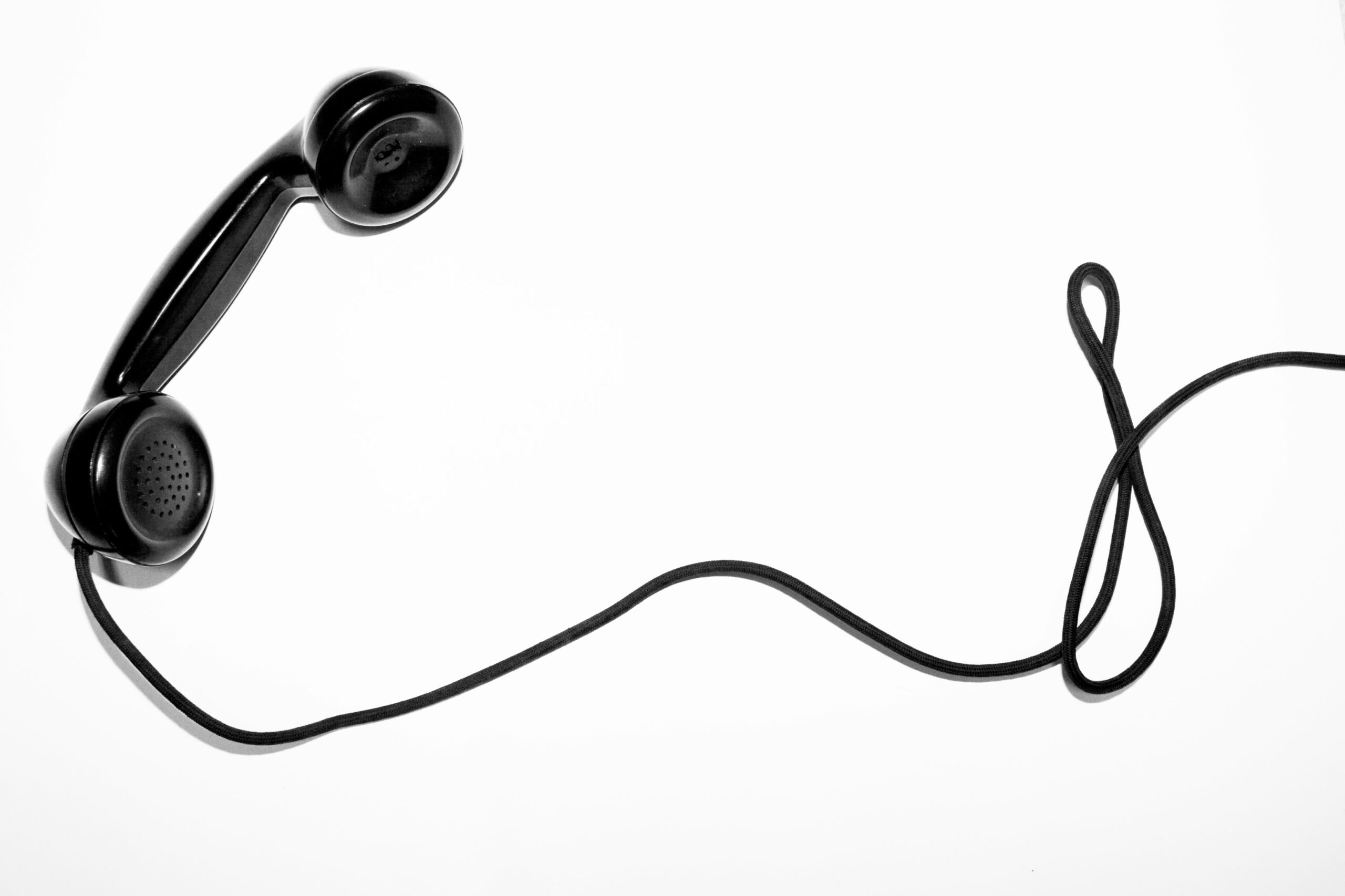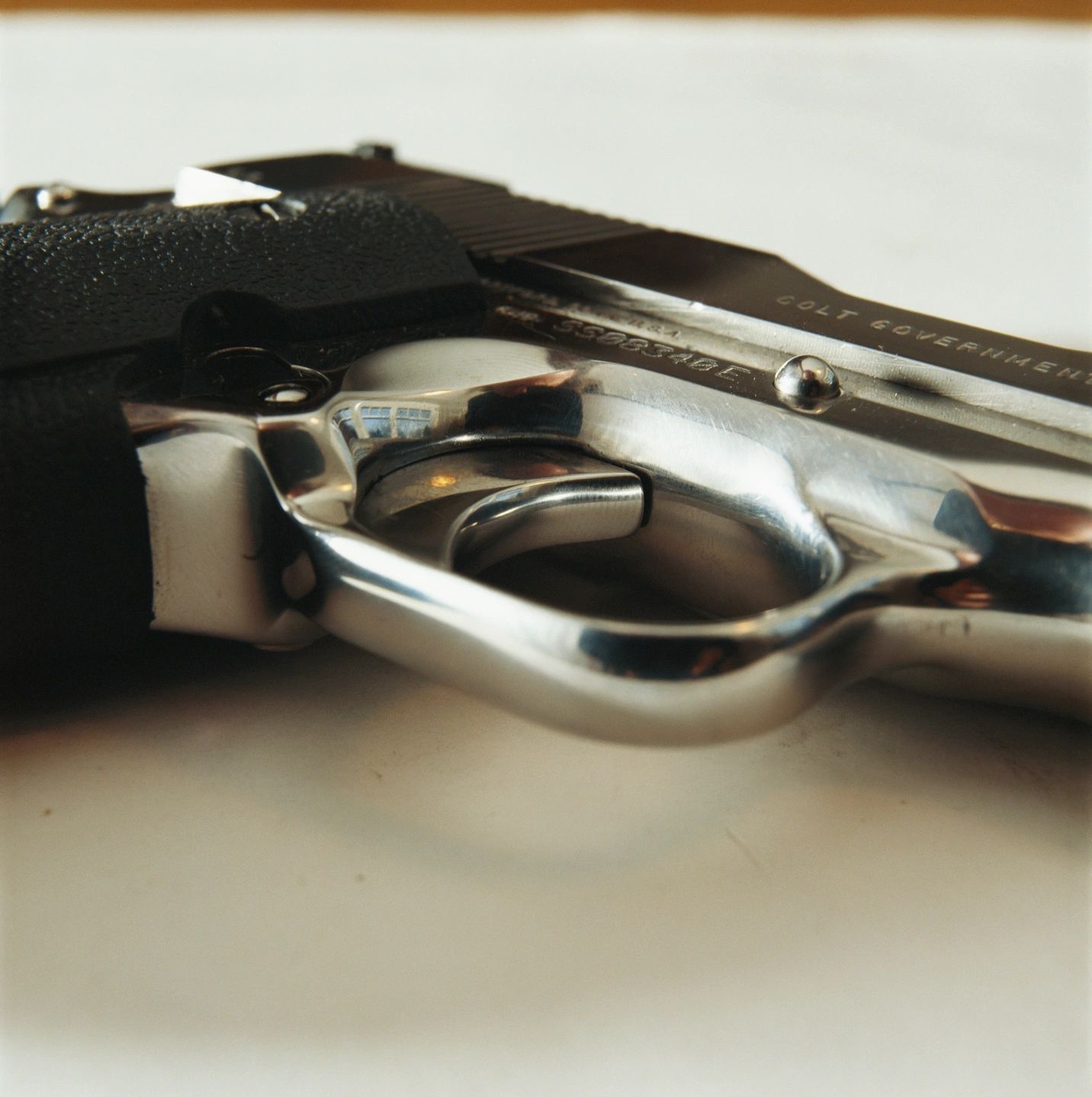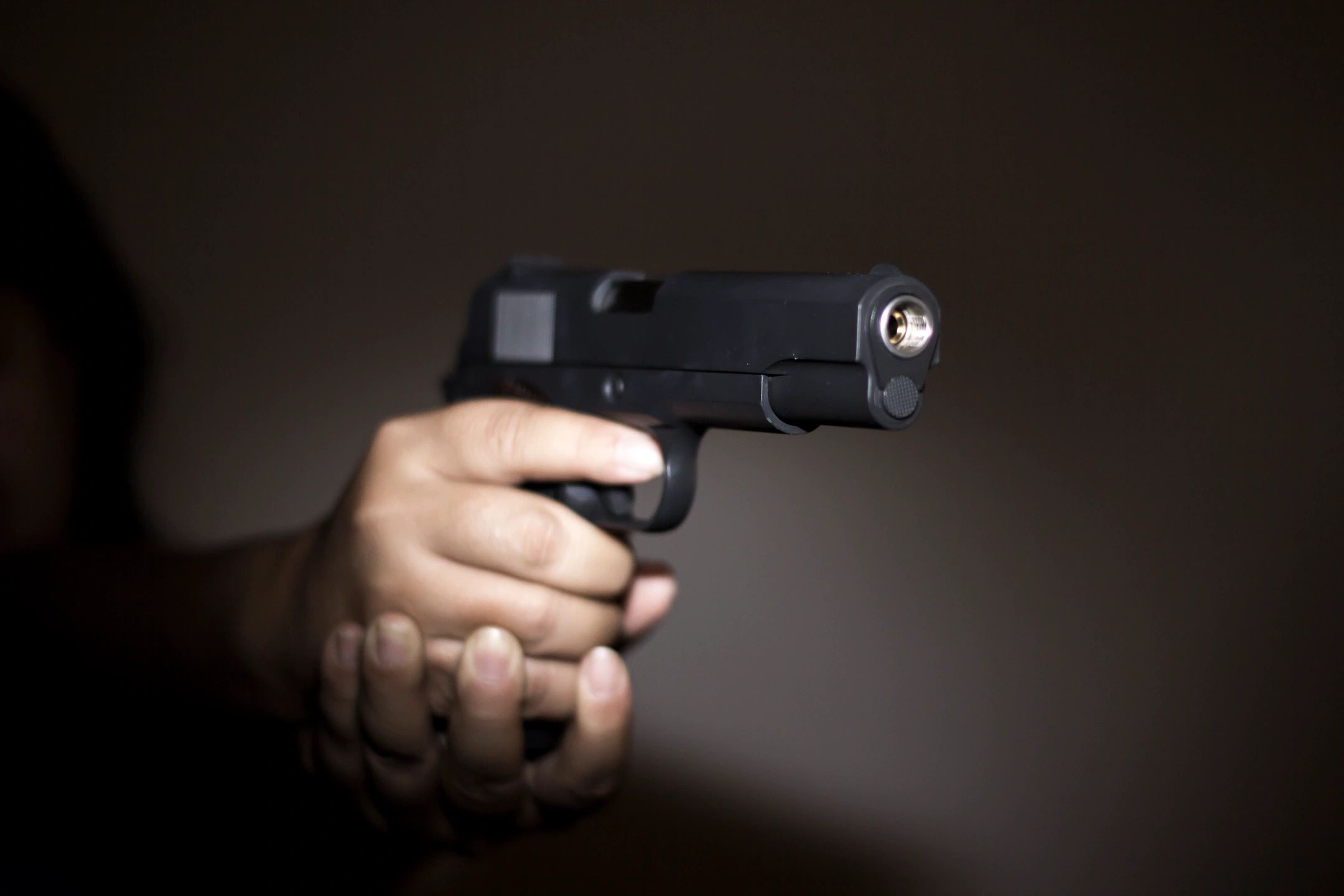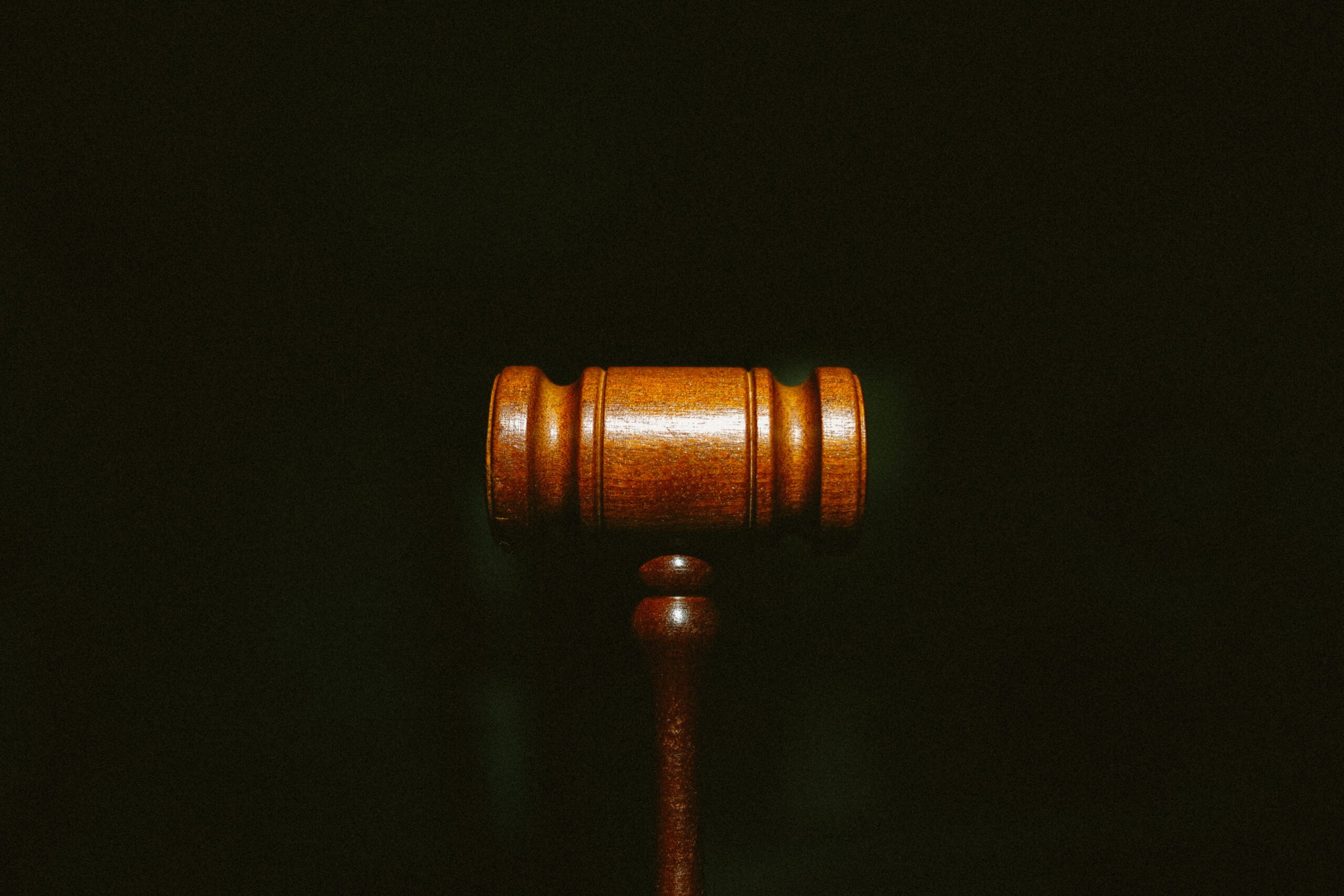
What Is an Expert Witness in Criminal Defense?
When a criminal case heads to court, presenting compelling eyewitness testimony and evidence is crucial for the state, but also may be crucial for the defense. However, there are instances when civilian witnesses, or physical evidence, alone may not be sufficient. This is where the role of an expert witness comes into play, providing specialized knowledge to aid in the understanding of complex issues.
Understanding the Expert Witness
An expert witness is an individual with specialized knowledge, skills, experience, or education in a particular field relevant to the case. Unlike a lay witness who can only testify about what they’ve personally observed, an expert is allowed to offer opinions and interpretations based on their expertise, facts and data, and reliable principles and methods
The Crucial Role of Experts in Trials
Experts serve a vital role in criminal trials by assisting the court and jurors in comprehending complex matters that require specialized knowledge. Their input helps judges and juries make informed decisions. In essence, expert witnesses bridge the gap between intricate technicalities and the understanding of those not versed in a specific field.
Responsibilities of Expert Witnesses
The primary responsibility of an expert witness is to provide an unbiased opinion based on their expertise. They are expected to:
- Educate the Court or jury: Simplify complex concepts, making them understandable for non-experts.
- Clarify Issues: Address technical aspects of the case, helping the court make informed decisions.
- Support Arguments: Provide evidence and reasoning that will support the attorney’s arguments.
Additionally, experts are responsible for:
- Thorough Examination
Before going to court, expert witnesses must do a thorough investigation and study everything related to the case or be familiar with research, facts, and data associated with certain issues in a case that other witnesses may testify about. They carefully look at all the relevant evidence, documents, and data. What they conclude is based on a deep understanding of their field, and they need to be able to defend it if questioned.
- Clear and Unbiased Communication
Expert witnesses need to explain their findings in a way that everyone can understand. They shouldn’t use complicated language that might confuse the judge and jury. They must communicate effectively to help everyone grasp complicated issues.
- Following Ethical Rules
Expert witnesses have to follow strict ethical rules typically by agencies governing their field of practice. They must stay neutral, avoiding any favoritism or conflicts of interest. Their loyalty is to the truth and making sure the legal process is fair and honest.
- Getting Ready for Questions
During cross-examination, expert witnesses may face tough questions from the other side’s lawyer. So, they need to be well-prepared to defend their opinions and methods, and be familiar with the facts and data associated with their testimony. This not only requires a deep understanding of the topic but also the ability to stay calm and trustworthy, even when things get intense.
Examples of Expert Witnesses and Their Impact
- Forensic Experts: Help analyze and interpret physical evidence like DNA, fingerprints, shooting reconstruction, computer forensics, and blood spatter.
- Psychological Experts: Can evaluate the mental state of the accused, offering insights into their behavior; address issues associated with inappropriate forms of questioning of children; address witness identification issues; and address false confessions
- Medical Experts: Provide opinions on injuries, causes of death, or the effects of drugs.
Expert Witness Selection for Trial
Choosing the right expert is a critical task. Qualities to look for include:
- Credentials: A reputable expert should have the necessary qualifications and experience.
- Impartiality: An expert should be unbiased, focusing on presenting facts and data rather than favoring one side.
- Communication Skills: The ability to convey complex information clearly is essential.
How Criminal Defense Attorneys Find Expert Witnesses
Attorneys play a crucial role in selecting expert witnesses:
- Legal Networks: We utilize professional networks and associations to find experts that we know testify in a fair and impartial way, based on the facts and data within that field.
- Research: We thoroughly research potential experts to verify qualifications and track records.
- Consultation: We engage in consultations to assess the expert’s communication skills and reliability.
Why Choose Litwak Law Group for Your Defense in Arizona?
At Litwak Law Group, we understand the critical role of expert witnesses in criminal defense. Our team is experienced in identifying and working with reputable experts who can provide invaluable insights to strengthen your case. If you’re facing criminal charges, trust us to build a robust defense strategy that leverages the expertise needed for the best possible outcome.
Your Defense Deserves Expertise
In complex criminal cases, having the right expert witness can be a game-changer. Litwak Law Group is committed to ensuring that your defense is fortified with the knowledge and insights necessary to navigate the complexities of the legal system. Contact us today for a consultation, and let us build a defense that stands up to scrutiny. Your future deserves nothing less.

